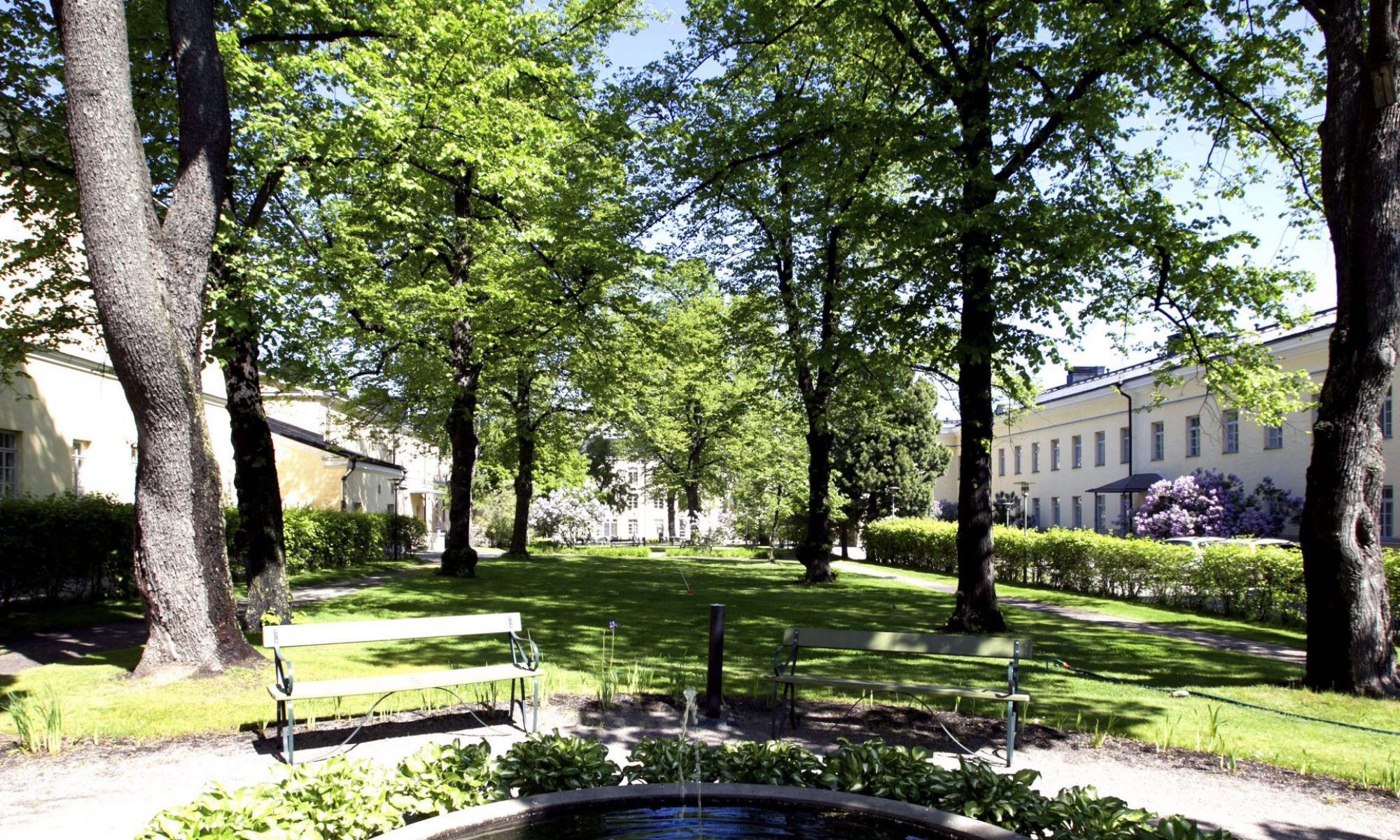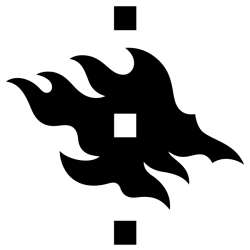Welcome!
Welcome to the website of the research project Working with Cultural Objects and Manuscripts: Provenance, Legality, and Responsible Stewardship (WCOM). The project is funded by the University of Helsinki Future Fund with additional support from the National Museum of Finland and ICOM Finland.
Aside from the devastating humanitarian issues, the ongoing Syrian civil war and the rise of such terrorist organizations as ISIS in large parts of the Middle East and North Africa have brought the continuing problem of looted, stolen and trafficked cultural objects (including but not only antiquities) to the attention of the media once more. It has been traditionally assumed that the problem is one for the “source” nations — which are losing their cultural heritage at a rapid rate — and the most prolific “market” centres — such as London, New York, and Brussels — to solve. Little attention has been paid to the position of the Nordic countries in this debate.
There are also concerns — raised internationally — regarding the role of scholars and museums in researching (or not) potentially tainted cultural material. Dilemmas abound: Is it better to document unprovenanced material rather than have it disappear altogether? Or does the act of publishing an object of unclear origin add legitimacy to looting and illicit trade, and maybe even enhance the market value of these and other objects? To what extent is it the role of the scholar to engage in debates concerning cultural object provenance, and is there a notional ‘line in the sand’ concerning when unclear provenance becomes more or less acceptable to the academic community?
WCOM is a collaborative project which centres around an international symposium to address the topic of trafficked cultural objects in Finland, in order to generate awareness and kick-start a national debate. Connected to this, WCOM will carry out a survey of the key stakeholders, including enforcement agencies, private individuals, members of the art trade, and museum professionals.
In addition to the usual academic output, WCOM aims to create:
(1) an online toolkit resource to help stakeholders in Finland to make informed decisions about acquisition, import and export, and to recognise the key points of provenance research. The format of this will be informed by the research, but may include a list of key questions to ask when considering acquiring cultural material, and links to organizations that can provide more information.
(2) two sets of policy recommendations: firstly for the University of Helsinki to create a code of ethics to inform scholarly interaction with cultural material, and secondly for decision-makers concerning import and export policy for cultural objects entering and leaving Finland.

